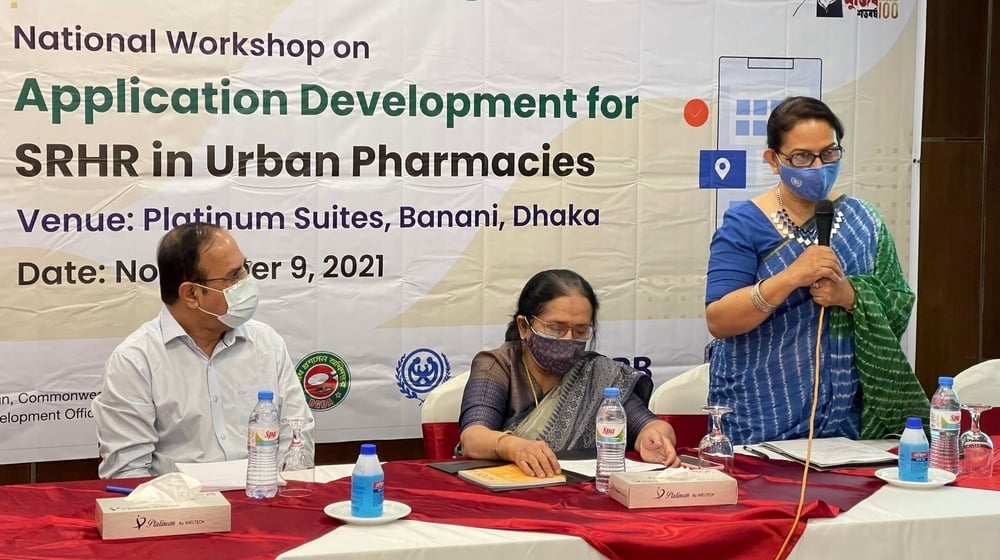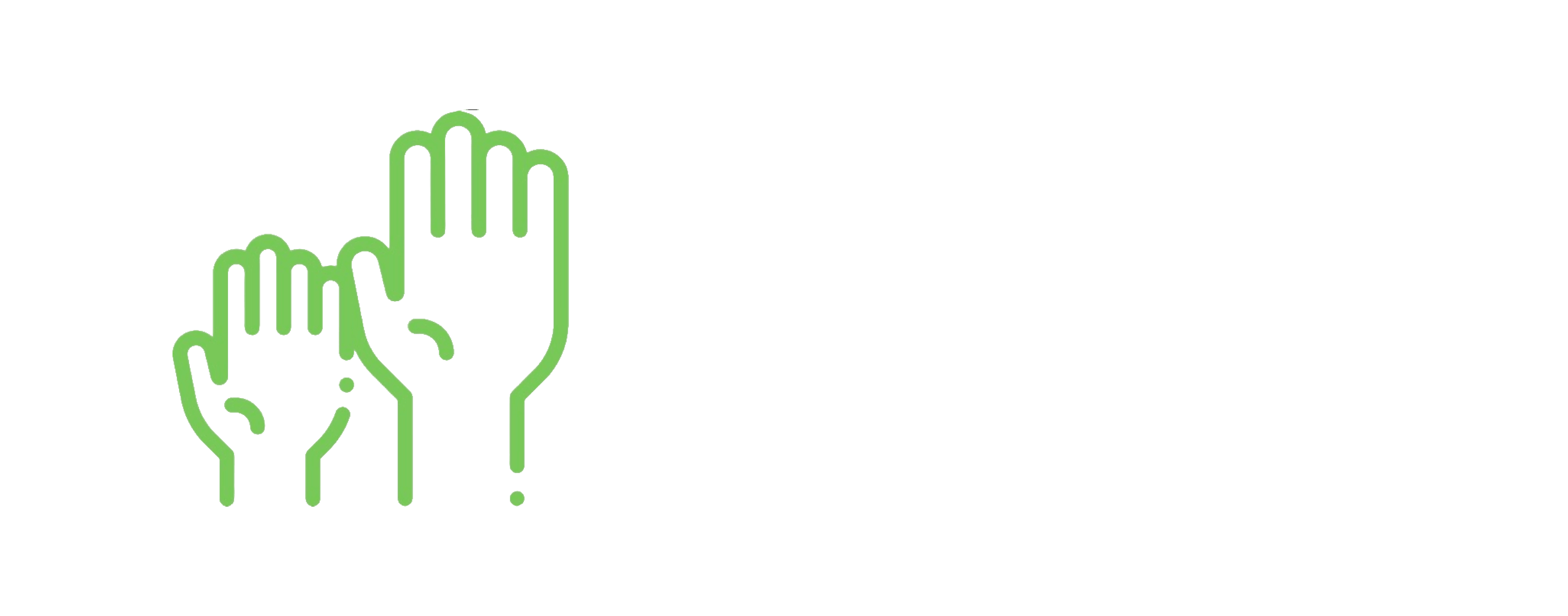SRHR Program

HDF is dedicated to raising awareness about sexual and reproductive health and rights (SRHR), ensuring that people have access to essential health services, and empowering them to take control of their sexual and reproductive lives.
The Swedish International Development Cooperation Agency (Sida) has been a key supporter of the SRHR program in Bangladesh. A formal agreement was signed between Sida and the Human Development Foundation Bangladesh (HDF) for a three-year project focused on SRHR issues, beginning on March 19, 2008, at the Royal Swedish Embassy. The agreement was signed by Her Excellency Ms. Britt F. Hagström, the Ambassador of Sweden, and Quazi Suraiya Sultana, Executive Director of HDF. The project is being implemented through a consortium involving HDF and the Bangladesh Association for Prevention of Septic Abortion (BAPSA).
In Bangladesh, poor awareness of sexual and reproductive health and rights, particularly among women, exacerbates the challenges of sexual and reproductive health. Many women, due to socio-economic factors such as poverty, illiteracy, and gender inequality, have little control over decisions related to their sexuality, reproductive health, and family planning. This lack of control is compounded by discrimination, coercion, and violence, making it difficult for women to exercise their rights.
The Government of Bangladesh has recently initiated a countrywide orientation program to sensitize health service personnel about women’s SRHR, although progress has been slow. Changing long-standing mindsets among healthcare providers will take time, and ongoing efforts will be needed to ensure that women receive proper counseling and information about their sexual and reproductive rights.
Against this backdrop, the consortium of organizations, including HDF and BAPSA, launched the Comprehensive Reproductive and Sexual Health Program (RSH) in July 2007, which will continue until June 2010. This program, which includes Menstrual Regulation (MR) services, training, and Behavior Change Communication (BCC), aims to extend services to hard-to-reach areas, including the Chittagong Hill Tracts (CHT), to meet the unmet SRH needs of disadvantaged indigenous populations. The consortium is working to establish a broad, community-supported network for better dissemination of SRHR information and to strengthen referral systems to meet the emergency needs of the population and provide services with the utmost care.
